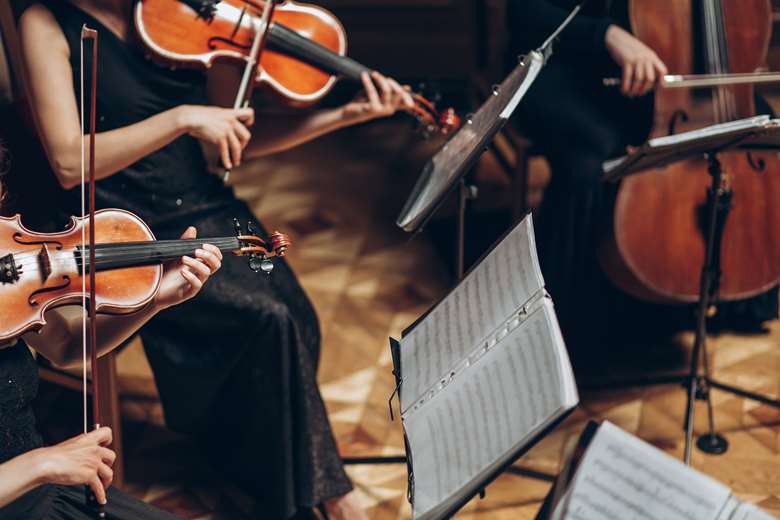Arts funding cuts at higher education levels to go ahead in England
Harriet Clifford
Wednesday, July 21, 2021
The money will be redirected to ‘high-value’ STEM and medicine subjects, Gavin Williamson has confirmed.

This article originally appeared in Music Teacher magazine.
Following a public consultation, independent regulator Office for Students (OfS) announced on 20 July that proposed funding cuts for performing arts, creative arts and media studies at higher education levels in England will go ahead from September.
Announced in April, the proposal to cut funding by 50 per cent for university arts courses was met with fierce opposition by musicians and artists, with stark warnings issued by Public Campaign for the Arts and the Musicians’ Union (MU), who described the plan as ‘catastrophic’.
In his confirmation letter to the OfS, education secretary Gavin Williamson said that he believes his recommendation to ‘reprioritise’ money away from arts towards STEM, medicine and healthcare subjects is ‘justified to support government priorities’.
In response to the consultation, Williamson has removed archaeology from the list of courses subject to funding cuts.
The funding stream specifically affected by these cuts relates to government subsidies provided for ‘high-cost’ courses. Although the OfS says that the reduction is equivalent to around 1 per cent of the combined course fee and OfS funding, those in opposition have argued that the cuts threaten the ‘financial viability’ of music courses.
As part of the announcement, the OfS confirmed that specialists providers - including performing arts conservatoires - will receive a combined additional injection of £10m in funding.
It is also confirmed that the OfS is no longer allowed to vary levels of funding based on the geographic location of an institution, meaning that subsidies for universities operating in London will be removed from the start of the new academic year.
Responding to the news, the MU’s Chris Walters told MT: ‘Since we heard about these proposed cuts, there has been an enormous outpouring of fury and disappointment from our members and the wider arts community.
‘Musicians and creatives generate billions for the UK economy, and we must ensure that the talent pipeline doesn’t dry up. We will continue to campaign for fairer funding for arts and music courses at higher education.’
He added, ‘We are particularly concerned by the new divide that these cuts will create between specialist providers like conservatoires, which are among a small minority of providers whose funding is increasing, and all other universities running arts courses.
‘This reveals a total lack of understanding about the broad range of courses that are needed to underpin our successful music sector and the need to support them all. Worse, it deprioritises courses that typically cater for less privileged, Black, Asian, minority ethnic and disabled students, revealing a divisive agenda that is the opposite of “levelling up”.’
Concerns have been raised throughout that the cuts will disproportionately affect disabled, Black, Asian and minority ethnic students and students from low socio-economic backgrounds by providing another barrier to higher education.
Williamson writes that: ‘These changes will help ensure that increased grant funding is directed towards high-cost provision that supports key industries and the delivery of vital public services, reflecting priorities that have emerged in the light of the coronavirus pandemic.’